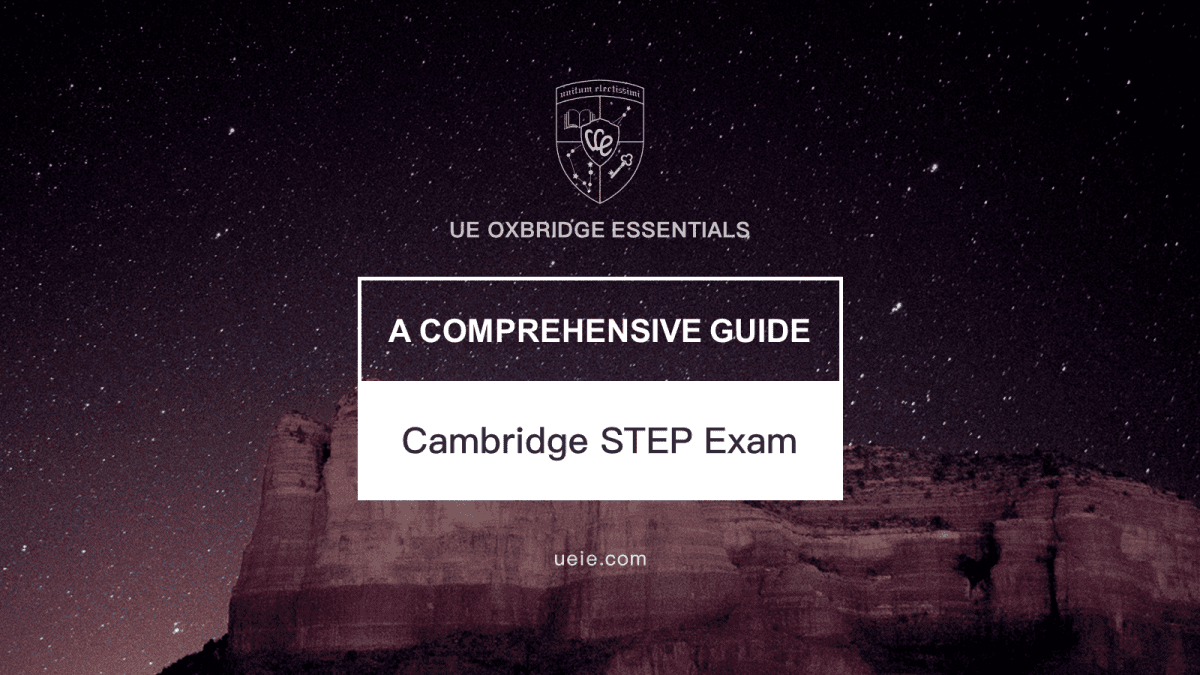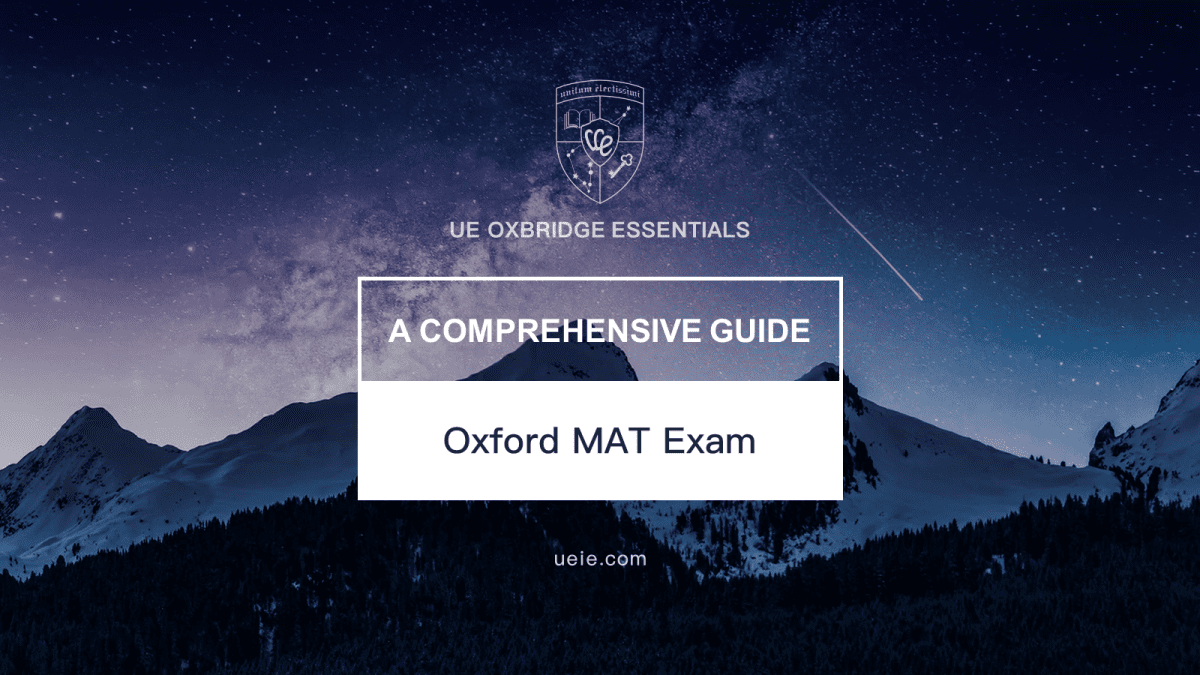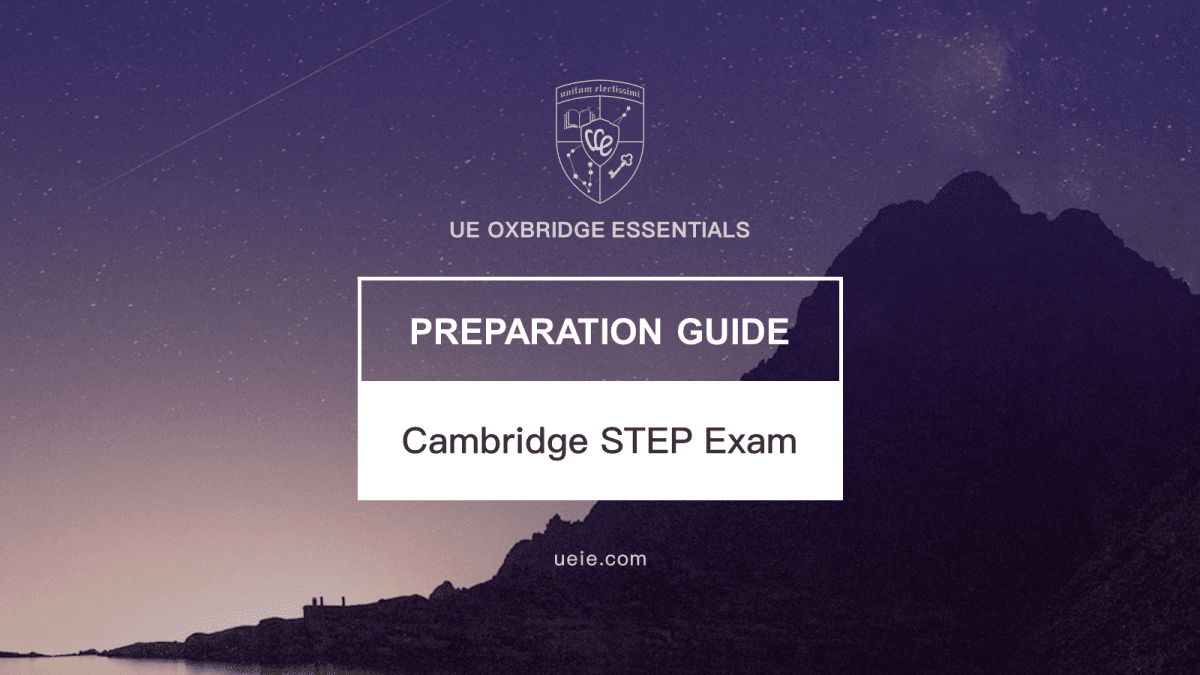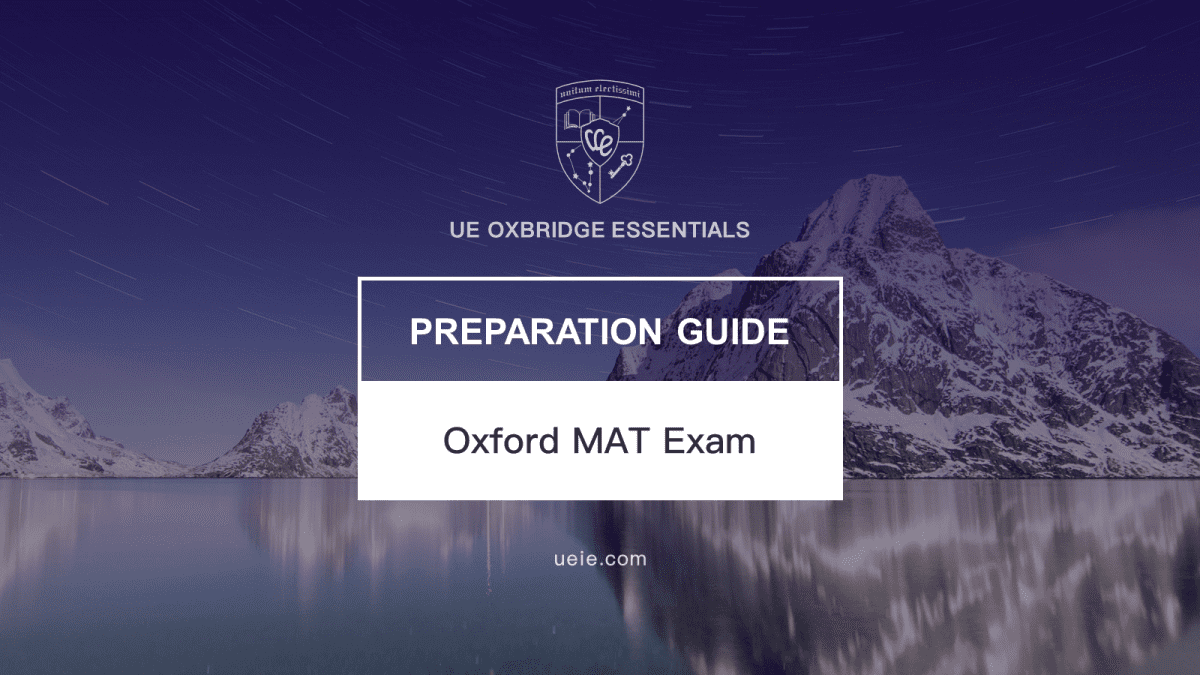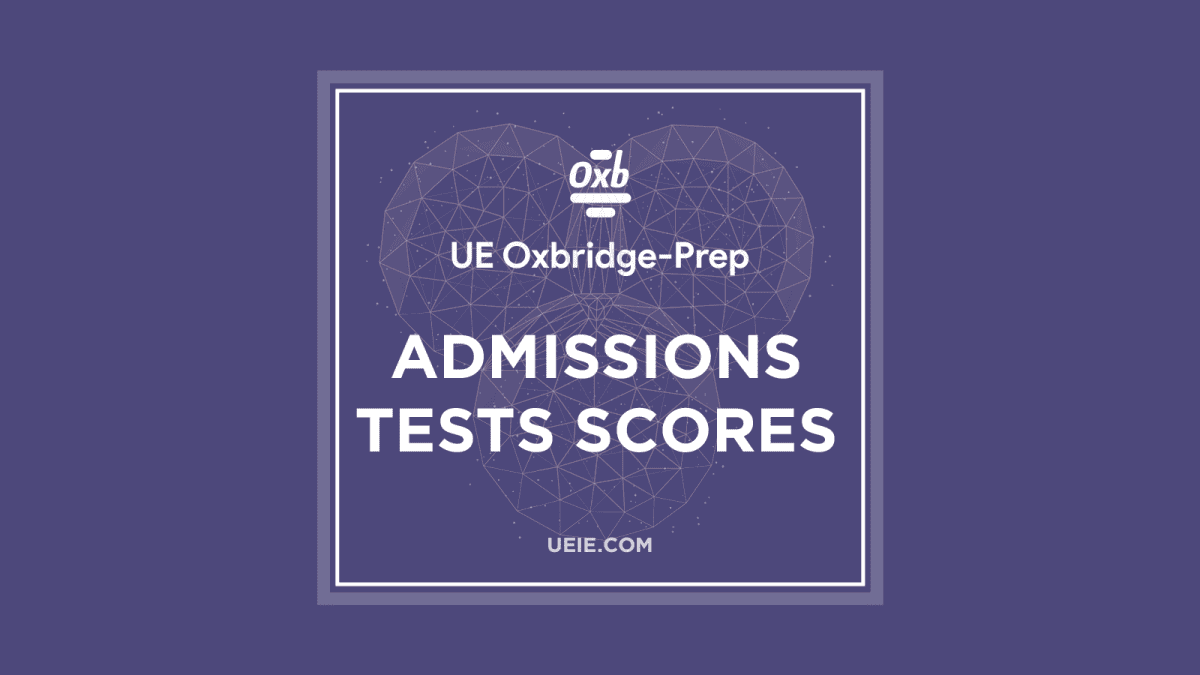STEP and MAT math exams are written entrance exams for mathematics, computer and other majors in top universities in the UK. This paper compares these two tests from multiple dimensions for the reference of students and parents.
I. Which Universities and Programs Require STEP and MAT?
The table below lists the requirements for the STEP and MAT exams at various universities, with the 4-letter and number combinations inside the parentheses being the UCAS course codes.
University
STEP
MAT
Cambridge
University
Mathematics (G100)
Mathematical Physics (G100)
Engineering* (H100)
Not required
Oxford
University
Not required
Mathematics (G100)
Mathematics and Computer Science (GG14)
Mathematics and Philosophy (GV15)
Mathematics and Statistics (GG13)
Computer Science (G400)
Computer Science and Philosophy (IV15)
Imperial
College
Mathematics and Computer Science (GG14)
Mathematics and Computer Science (GG41)
Calculation (G400)
Calculation (G401)
Calculation (International Project) (G402)
Computing (Management and Finance) (G501)
Computing (Software Engineering) (G600)
Calculation (Safety and Reliability) (G610)
Computing (Artificial Intelligence and Machine Learning) (G700)
Computing (Visual Computing and Robotics) (GG47)
Mathematics (G100)
Mathematics and Mathematical Calculation (G102)
Mathematics (G103)
Mathematics (one year overseas) (G104)
Mathematics (Pure Numbers) (G125)
Mathematics, Optimization and Statistics (GG31)
Mathematics and Applied Mathematics/Mathematical Physics (G1F3)
Mathematics and Statistics (G1G3)
Mathematics and Financial Statistics (G1GH)
Warwick
University
Mathematics** (G100)
Mathematics **(G103)
Mathematics and Philosophy **(GV15)
Mathematics and Statistics **(GG13)
Mathematics and Statistics **(GGC3)
MORSE**(G0L0)
MORSE**(GLN0)
Data Science **(7G73)
Mathematics** (G100)
Mathematics **(G103)
*Peterhouse College may include STEP 2 score requirements in the conditional admission.
* * It is not mandatory to take STEP or MAT, but it is easier to be admitted with STEP, MAT or TMUA scores.
Some universities and majors also require STEP (or MAT, TMUA), including:
- University College London
- University of Bristol
- University of Bath
- King’s College London
These universities will specify on their official websites whether these exams are required for relevant programs and the scores or grades needed. Please refer to the specific admission policies for the respective programs in a given year.
II.Exam Key Dates
Key Events
STEP
MAT
Registration Opens
Early March
September 1
Registration Deadline
Early May
October 15
Exam Dates
June
End of October, Early November
Results Announced
August 10
The following January
III.Exam Format Comparison
Exam
STEP
MAT
Method of answering
Written Exam
Offline paper test paper
Written Exam
Offline paper test paper
Duration
3 hours
2.5 hours
Topic type
Short Answer Questions
Multiple Choice and Short Answer
Number of
questions
12 questions
(choose 6)
10 multiple-choice questions
and 4 short-answer questions
Question scores
20 points per question
4 points per multiple-choice question
15 points per short-answer question
Maximum score 1
120 points
100 points
Formula sheet
Not provided
Not provided
Calculator
Not allowed
Not allowed
IV. Comparison of Examination Scope
To accommodate adjustments to the UK A Level Mathematics syllabus, significant changes were made to the STEP exam in 2019: the number of questions was reduced, and the syllabus underwent substantial revision. The MAT syllabus of 2018 only added or removed a few knowledge points based on the 2007 syllabus, with the overall scope of the knowledge tested remaining largely unchanged.
The table below compares the examination scopes of STEP and MAT.
Exam
STEP 2
STEP 3
MAT
Baseline Syllabus
AS
Advanced
mathematics
A2
Advanced
mathematics
A Level
mathematics
Modules Included
Pure Mathematics
mechanics
statistics
Pure Mathematics
mechanics
statistics
Pure Mathematics
Superclass Content *
logical inference
number theory
Proof method, etc
logical inference
number theory
Proof method, etc
logical inference
Algorithms, etc
* Knowledge points beyond GCSE mathematics and ALLEVEL mathematics (or advanced mathematics) syllabus.
It is especially noteworthy that the MAT exam for Computer Science includes topics such as trees, graphs, finite state machines, strings, algorithms, and more, which go far beyond the scope of A-Level Mathematics and Advanced Mathematics.
V. Comparison of Exam Difficulty
The table below is a reference for the difficulty comparison between mainstream international high school mathematics
Course or Exam
Difficulty
IB SL Mathematics
★
A Level Mathematics
★
IB HL Mathematics
★★
AP Calculus
★★☆
A Level Further Mathematics
★★☆
Oxford MAT Mathematics
★★★☆
Cambridge STEP 2 Mathematics
★★★★★
Cambridge STEP 3 Mathematics
★★★★☆
The difficulty of the STEP exam is definitely higher than that of the MAT. However, when comparing STEP 2 and 3, STEP 2 is considered slightly more challenging. Despite covering fewer topics than STEP 3, the questions in STEP 2 are more challenging, making it harder to achieve high scores (Grade S or 1). This is supported by data from past years’ STEP 2 results. For STEP’s performance data over the years, please refer to:
VI. Comparison of Exam Features The exams focus on the following:
Exam
STEP
MAT
Question Setting Style
- Emphasizes fundamental mathematical knowledge and derivation methods of basic theorems and formulas.
- The range of knowledge tested is relatively fixed, and the problem-solving methods and techniques are quite similar. Guides students to apply known knowledge and methods to solve problems, testing students’ insight and transfer ability, and indirectly examining the students’ basic mathematical literacy.
- The scope of knowledge is relatively fixed, and the methods and skills of solving problems are similar.
Short answer questions focus more on the examination of fundamental mathematical knowledge and basic theorems.
Focus Areas
- Stresses logical analysis and reasoning abilities. Compared to MAT, it places more emphasis on the examination of fundamental mathematical ideas, methods, and theorems, highlighting the basic literacy and depth of thought in the mathematics discipline.
- Places great importance on knowledge transfer abilities, logical reasoning abilities, and problem-solving abilities.
Difficulty Points
- The amount of calculation is large, which requires considerable proficiency in mathematical operations.
- Examine a wide range of knowledge. The strategy of topic selection has a significant impact on the on-the-spot performance and test scores.
- There are requirements for writing norms and the rigor of reasoning process, which are easy to lose points.
- The calculation amount is moderate.
Most multiple-choice questions are relatively simple. Individual multiple-choice questions are difficult and can dig holes.
- The background knowledge of at least one short answer question is rarely contacted by candidates, even beyond the scope of knowledge learned in middle school mathematics. It is a key topic to widen the gap between students.
VII. Comparison of Preparation Periods
Exam
STEP 2
STEP 2+3
MAT
Preparation period
9-15 months
12-18 months
3-4 months
Target scores
Grade 2
Or more than 1
Grade 2
Or more than 1
75 or more or increase by 25 points or more
Preparation course *
Select from 45 chapters
At least 33 chapters
Select from 60 chapters
At least 45 chapters
21-22 chapters
* Refer to Xie Tao’s Talking about Oxford MAT 2022 [5th Edition] and Xie Tao’s Talking about Cambridge STEP 2022 [5th Edition].


